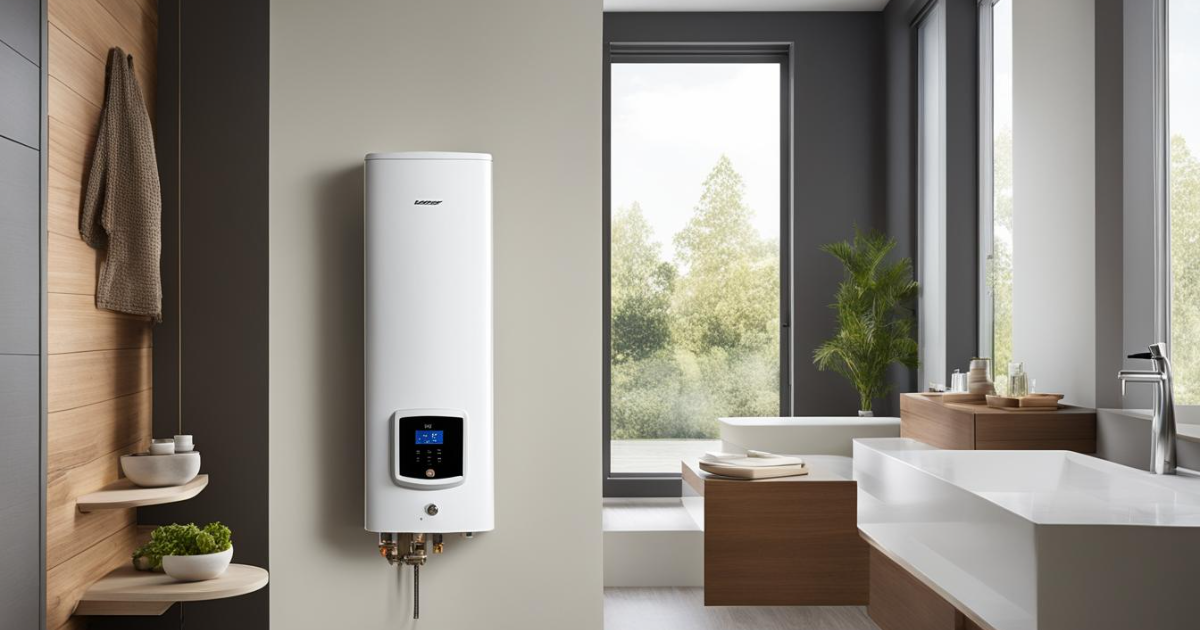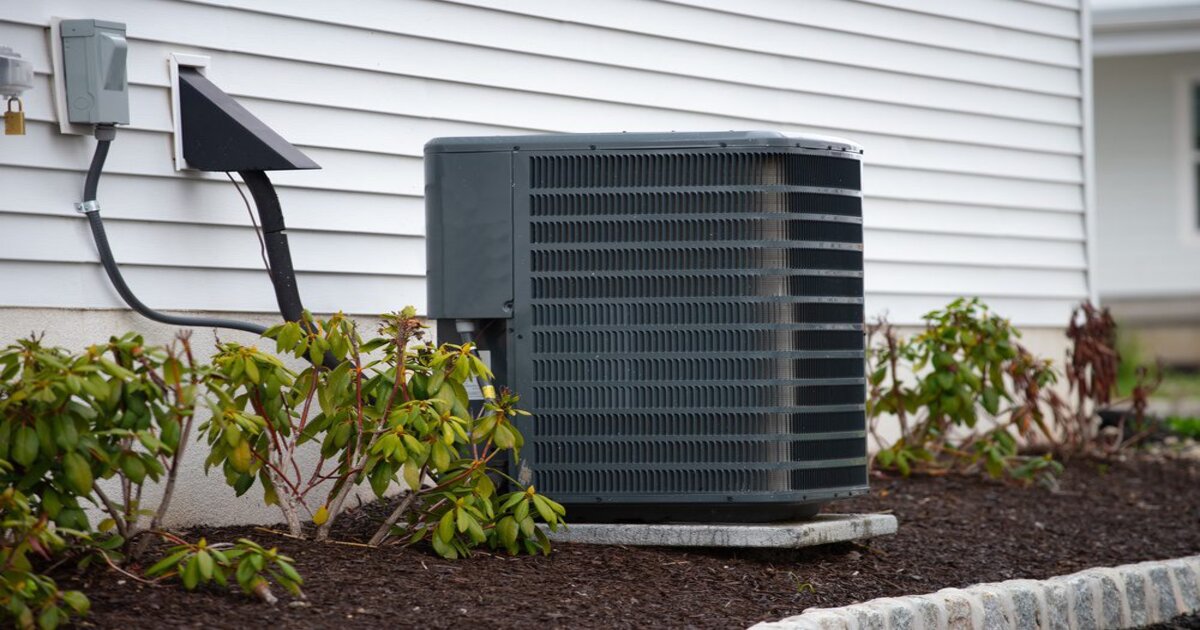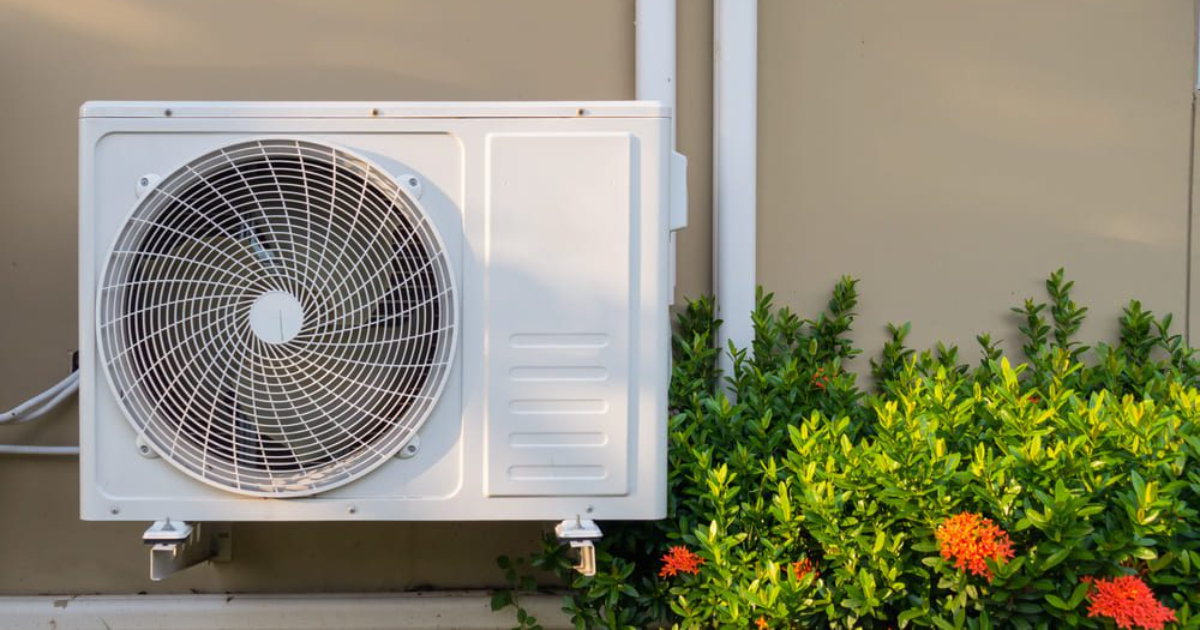Imagine you’re enjoying a warm shower and suddenly the water turns cold. It’s frustrating, right? A tankless water heater might be a good solution. It can keep the hot water flowing without any nasty surprises and even help you save money and energy.
However, tankless water heaters have their pros and cons. In this discussion about the advantages and disadvantages of tankless hot water heaters, we’ll look at how these systems can be both helpful and a bit tricky. We’ll talk about their costs, how they’re set up, and how they can save energy. This way, you can decide if it’s the right choice for your home.
What Is a Tankless Water Heater?
Tankless water heaters supply hot water as needed, which is more energy-efficient than the typical storage tank water heaters. As cold water passes through the tankless system, it gets heated by either gas or electricity. This ensures a continuous flow of hot water for as long as you keep the faucet open. That’s why they are also referred to as instantaneous or demand-type water heaters. For more advanced solutions, such as those offered by commercial comfort solutions, consider exploring options that can enhance both heating and cooling efficiency.
Advantages and Disadvantages of Tankless Hot Water Heaters
Tankless hot water heaters are becoming a popular choice for homeowners looking to improve their energy efficiency and reduce space usage. Exploring the advantages and disadvantages of tankless hot water heaters helps in making an informed decision about whether they fit your home’s needs. These systems offer significant benefits such as endless hot water supply and lower operating costs, but they also come with challenges like higher upfront costs and potential output limitations. For comprehensive heating and cooling services, Gas Pro Heating and Air Conditioning provides expert solutions, including Furnace Repair Service and Heat pump system service.
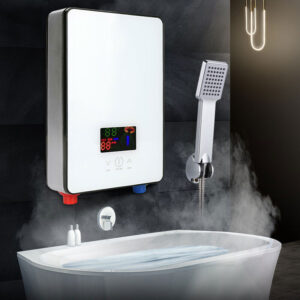
Advantages of Tankless Water Heaters
Let’s see what are the advantages of tankless water heaters.
Energy Efficiency
Tankless water heaters are 24% to 34% more energy-efficient than their tanked counterparts for users who consume about 41 gallons daily. Even for those who use twice this amount, these heaters remain 8% to 14% more efficient. Installing a tankless heater at each hot water usage point can lead to energy savings of up to 50%, significantly outperforming traditional storage tank water heaters. For those interested in additional energy-saving options, Hepa air cleaner rental services can further improve overall home efficiency.
Cost Savings
Using a tankless water heater reduces energy consumption, thereby saving money. This is particularly beneficial in regions with high energy costs, as the savings can quickly cover the initial investment.
Space Efficiency
Tankless water heaters do not have a bulky storage tank, making them compact and ideal for homes with limited space.
Unlimited Hot Water
Tankless water heaters provide hot water on demand, allowing for a continuous supply. This means you can theoretically enjoy endless hot showers without the water turning cold, despite some practical limitations.
Disadvantages of Tankless Water Heaters
Let’s see what are the disadvantages of tankless water heaters.
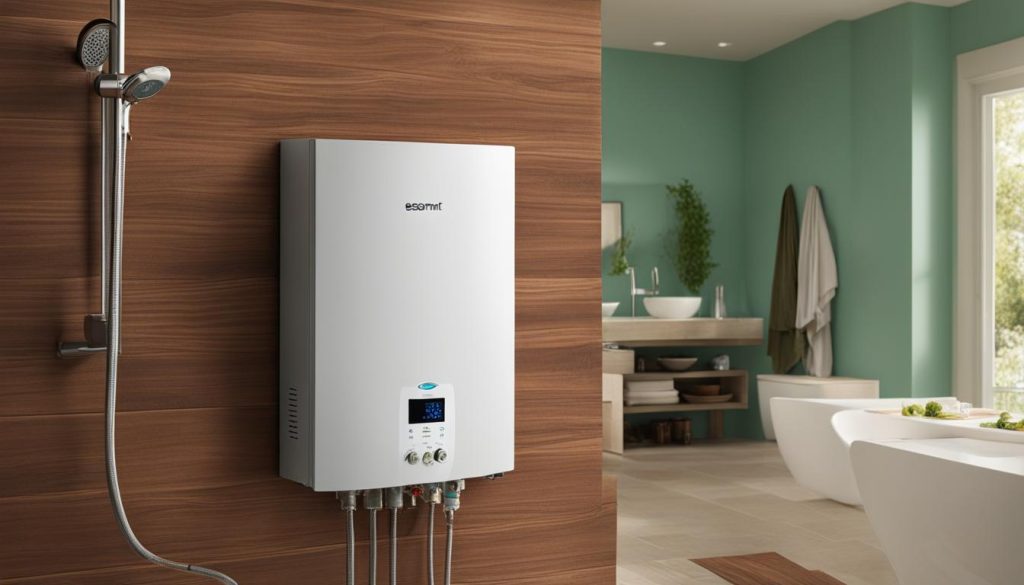
Restricted Hot Water Supply Across Multiple Outlets
A tankless water heater has a limited capacity for heating water simultaneously. If multiple water-reliant appliances are used at once, such as the dishwasher, washing machine, and shower, the water temperature may fluctuate because the heater struggles to meet the demand from all outlets simultaneously. This can be mitigated by installing additional units or reducing hot water usage.
Susceptibility to Power Outages
Even gas-powered tankless water heaters require electricity to operate and regulate their functions. Therefore, in the event of a power outage, your hot water supply will be interrupted. For those living in areas frequently affected by power outages, a tankless water heater might not be the most reliable option.
Higher Initial Costs
The upfront cost of a tankless water heater, including the unit and installation, can be quite steep compared to traditional storage tank water heaters. Though initially more costly, the long-term benefits of energy efficiency and extended lifespan mean that a tankless water heater can pay for itself over a few years.
Cost of the Unit
Generally, tankless water heaters are pricier at the outset, especially the models powered by natural or propane gas, which range from $1,000 to $1,500, as opposed to electric models priced between $500 and $1,500.
Maintenance and Care
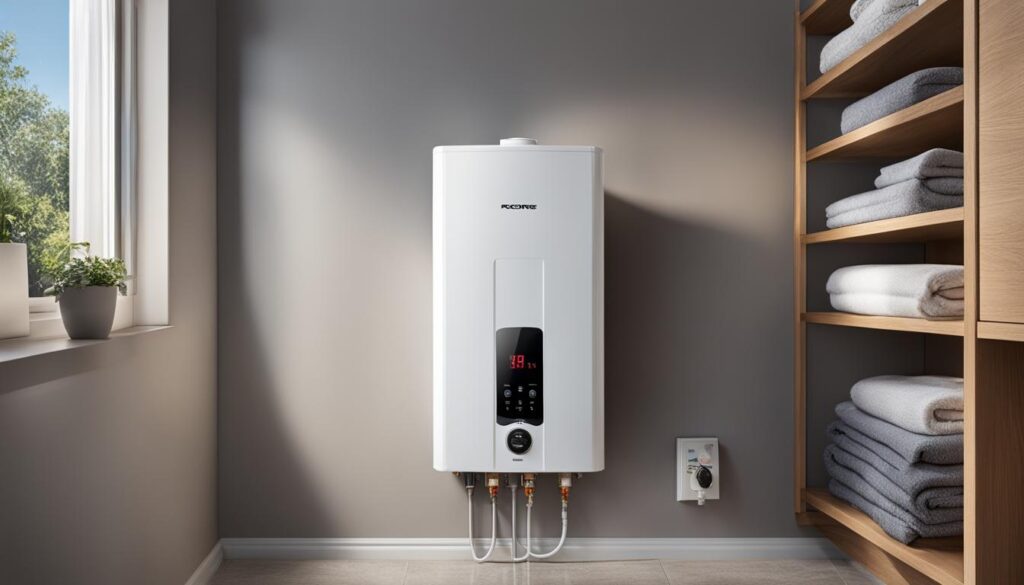
Annual maintenance is necessary for tankless water heaters to prevent efficiency loss and damage due to mineral build-up, which can occur over time. The system should be flushed regularly—annually in typical conditions, and semi-annually in areas with hard water—to prevent this build-up. Such maintenance is crucial not only for the heater’s optimal performance but also because most warranties do not cover damages caused by mineral deposits. One of the advantages and disadvantages of tankless hot water heaters is that, while they offer energy efficiency, they require consistent maintenance to maintain their efficiency.
Additional maintenance tasks include cleaning both the air and water filters, with the frequency depending on the specific model as detailed in the instruction manual—generally every four to six months. It’s also advisable to regularly clean the heater’s exterior, and check for any signs of leaks, rust, or other damages to prevent dirt from accumulating.
If significant damage is observed, or if anything unusual is noticed, it’s essential to shut down the heater and seek the expertise of a professional plumber immediately.
Lifespan
Tankless water heaters have a considerable lifespan, potentially exceeding 20 years, which is significantly longer than traditional storage water heaters which typically last between eight and 15 years. Among the advantages and disadvantages of tankless hot water heaters, the extended lifespan is a notable benefit, especially for those planning long-term residence. This longer lifespan can provide substantial savings by reducing the frequency of heater replacements. However, the initial investment and the need for regular maintenance are factors to consider when evaluating the overall benefits.
Conclusion
If you’re considering the advantages and disadvantages of tankless hot water heaters, one significant benefit is their ability to enhance your home’s energy efficiency, potentially leading to long-term cost savings. Although the initial investment is substantial, the long-term payoff can make you question why you didn’t switch to a tankless model sooner.

